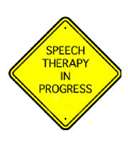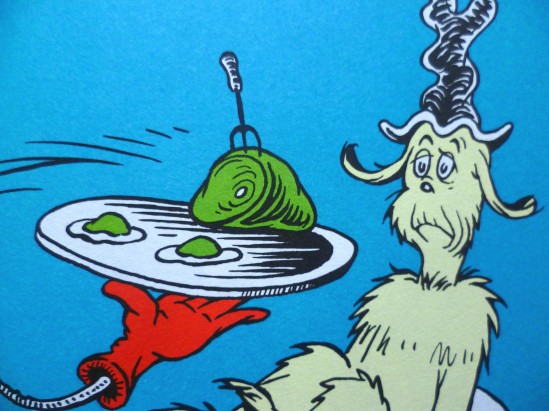
June being the month for all people to be aware of the condition known as aphasia (as ordered by the US Congress) I find that I’m getting worse, not better.
I wrote earlier about being exposed to the term asphasia (The Chronicles of Aphasia – How I discovered aphasia when all I had was trouble speaking because of a stroke).
Frankly it’s a big job touting the world for people to understand the term and the condition that has so many variables. The best example is the mantra that aphasia is a loss of language, not a loss of intellect.
I keep telling myself that, yet day by day, I can feel what little communications I have slipping away. I find it harder and harder to pronounce words – to ‘mouth’ words – get my tongue around them and get them out. I used to have problems thinking of the words, but that’s better. Given time I can find the words I need.
I have had three years of practice to build on the fried brain residue, to practice getting better, only to find it’s getting worse. Once again, the experts lied when they said I would improve my speech by putting in the hours of rehab. And yet “scientists” say the brain re-wires itself given time and exercise. Mine, apparently, hasn’t caught up with science.
But still I haven’t given up. Recently I had my grandson Arthur to stay overnight and I found that he was entertained by my reading Green Eggs and Ham, by Dr Seuss.
to stay overnight and I found that he was entertained by my reading Green Eggs and Ham, by Dr Seuss.

I remember reading the story to my daughter Katie (long ago, Before Stroke) and she loved it when I went fast, increasing the frustration and mild anger through the words to the ever-present question posed by Sam-I-Am:
I do not like them in a box.
I do not like them with a fox
I do not like them in a house
I do not like them with a mouse
I do not like them here or there.
I do not like them anywhere.
I do not like green eggs and ham.
I do not like them, Sam-I-am.
(And I maintain that I’ve not lost my intellect.)
I sailed through the words, Post Stroke. In fact I was so enamoured by my voice during the chorus, I got louder and louder (I was really getting into the method acting), that Amoret shushed me from the patio lest the neighbours the other side of the brick wall think we were arguing.
The neighbours, Mr and Mrs Homo Neanderthalensis, never let on that I would not have it with mouse or a fox, nor Amoret’s strange recipes.
Truthfully, I was knocked back by the admonition.
I was really feeling the power of my voice. For the first time I felt free of the tyranny of aphasia.
Thinking about that reading again, it wasn’t that the pronunciation was all that clear (I have aphasia remember), but the timbre, pitch (psychoacoustics) and cadence gave me freedom to wildly express myself much the same as Brian Blessed.
And Arthur was impressed.
I plan to read more Seuss, aloud, much the same way I did when began this rehabilitation. I hope to get that feeling of freedom of communication back – and who cares what the neighbours think.
















